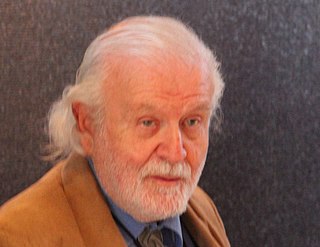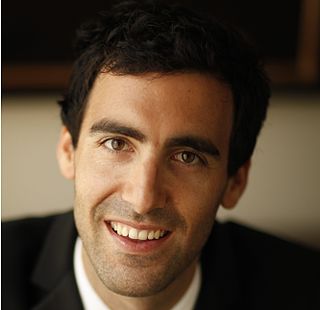A Quote by Samuel Goldwyn
Forecasts are difficult to make-particularly those about the future.
Related Quotes
[Several candidates talked of problems with the federal Medicare system, particularly concerns about whether it would cover prescription drug costs in the future.] We're asking senior citizens to make a choice between their health and their income, ... Medicare is probably the most difficult challenge we face in the next century, because it has a lot to do with other things besides money.
The internet has extended the possibility of making art to more people, and particularly of enabling it to be seen by others. I am sure the internet is having a profound impact on art, particularly those who have grown up with it, but making good art will remain as difficult (and as easy) as it ever was. Having a lasting impact may become more not less difficult.
'Particularly' is particularly difficult because the 'L' and the 'R' are totally different, like totally different letters. I would spend hours in front of the mirror with my dialect coach to observe my tongue. You don't think, when you speak, about all the things that happen in your jaw and your mouth, how everything reacts, so you have to watch all those things and realise we have a totally different use of our tongue and jaws.


































